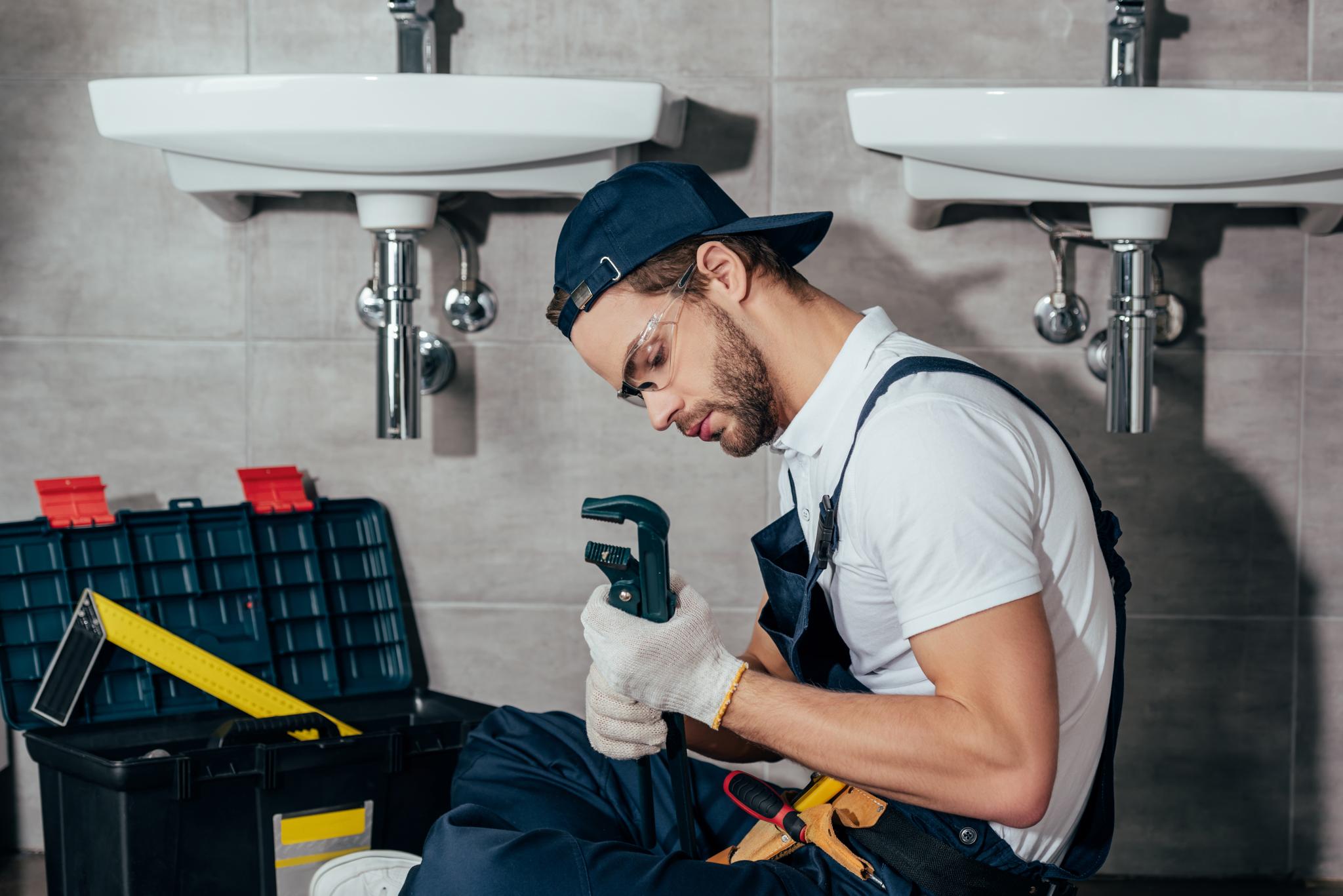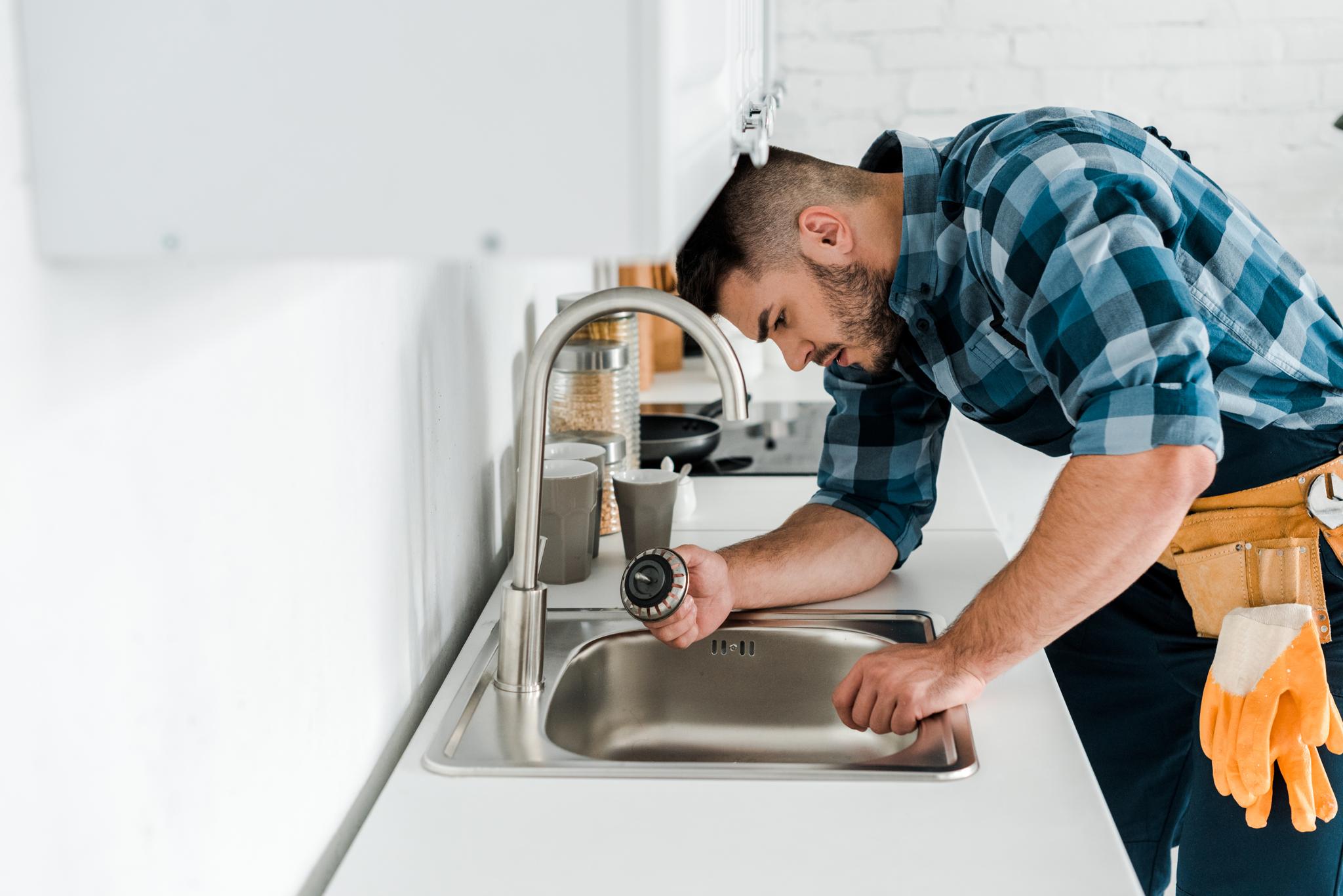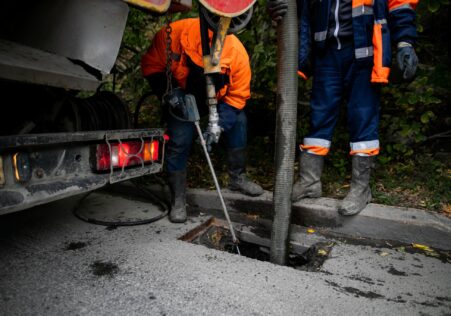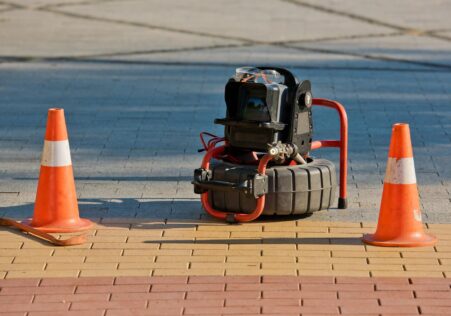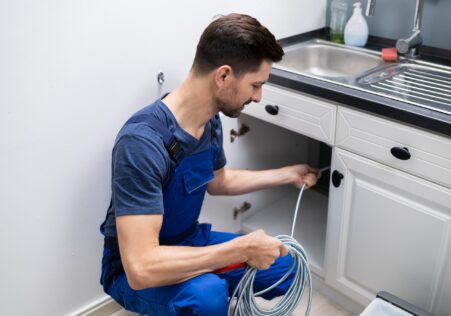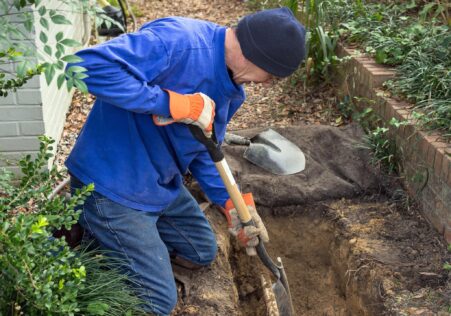How to Keep Your Drains Clean and Prevent Future Blockages

Are you tired of having to deal with clogged drains in your home or office? Do you want to learn how to avoid future blockages and ensure that your drains are clean? This article we will give you some suggestions and tricks to ensure good drainage. We will also provide reasons the importance of hiring professionals like Adelaide Blocked Drains Plumber for the job.
Key Takeaways
- Common causes for blockages to drains are soap and hair buildup, food waste adhering to grease, toiletries flushed through the toilet like baby wipes, feminine hygiene products, dental floss or cotton swabs, and tree roots growing in pipes outside the house.
- Make use of a strainer or a hair catcher over the drain opening to prevent hair or food waste from leaking down the drain.
- Properly dispose of kitchen waste by dumping food scraps into an organic compost bin or a trash bag, rather than washing them down the drain.
- Do regular maintenance cleaning by pouring boiling hot water slowly down your sink, shower or tub drain openings once each week after they’re uncluttered.
- Mix equal amounts of baking soda and vinegar, then put them into the drain opening to provide a natural way of de-greasing blockages that build up on sewer pipe walls that create blockages. Take 30 minutes to wait, then pour hot water into the drain.
- Contact Adelaide Blocked Drains Plumber for help with regular maintenance of septic tanks, sewer systems or pipes outside the house to ensure that they function effectively and efficiently.
- Don’t use drain cleaners with chemicals because they can cause damage to your pipes and affect the environment.
- Beware of flushing items that are not compostable, such as cotton swabs and paper towels, dental floss or feminine hygiene products down your toilet since this can result in expensive repairs to sewers and septic tanks.
- Be alert to smells that are unusual emanating from drains. Also, watch for the slow drain, the sound of gurgling or any other unusual activity that could indicate a clogged drain that needs to be addressed immediately.
Common Reasons for Drain Blockages
Before we go into the rules and regulations, it’s essential to understand what triggers drain blockages in the first place. Here are a few of the common causes:
- Scum and hair build-up in bathroom drains
- Food waste stuck in grease accumulation in kitchen drains
- Toiletries flushed down the toilet like baby wipes, cosmetic hygiene, dental floss, or cotton swabs
- Tree roots expanding into pipes that are outside the house
These elements can cause severe damage when ignored. However, there are ways to deal with each and ensure that your drains are flowing smoothly.
Dos
1. Make use of a hair catcher
A hair catcher or strainer is a perfect fit over your drain opening and prevents hair or food waste from leaking down the drain. Make sure you clean them often.
2. Properly dispose of kitchen garbage
Place food waste in your compost bin or trash bag, instead of flushing them into the drain. Rinse dishes using hot water when washing up.
3. Do regularly scheduled maintenance cleaning
Every week, run boiling water in a slow stream down your drain, shower or tub drain openings when they’re clean. This will help prevent any build-up of material from clogging the drain altogether.
4. Use baking soda and vinegar
Mix equal amounts of baking soda, vinegar (usually half one cup each) then slowly pour it into the drain opening for a natural way of de-greasing deposits that form on the walls of sewer pipes that can cause obstructions. Wait 30 minutes and then pour hot water down the drain.
5. Contact a professional
Employ a skilled plumber such as Adelaide Blocked Drains Plumber to perform regular maintenance of septic tanks sewer systems, or pipes that are outside the house to ensure they are working properly and efficiently.
Don’ts
1. Don’t use chemical drain cleaners
Chemical drain cleaners can cause damage to pipes over time, and can may also be harmful to the environment. They can also pose dangers when used in conjunction with other products for cleaning.
2. Don’t flush anything that is not decomposable down the drain.
Avoid flushing non-decomposable objects down your toilet like paper towels, cotton swabs or dental floss, as well as feminine hygiene products as they are not able to disintegrate naturally and instead result in costly repairs to sewers or septic tanks.
3. Don’t overlook warnings
If you experience unusual drainage smells, slow drainage, gurgling sounds or any other unusual behavior It could be an indication of an obstruction in the drain that requires immediate attention.
| Do’s | Don’ts |
|---|---|
| Use a strainer or hair catcher | Use chemical drain cleaners |
| Properly dispose of kitchen waste | Flush non-decomposable items down the toilet |
| Perform regular maintenance cleaning | Ignore warning signs |
| Use baking soda and vinegar | |
| Call a professional like Adelaide Blocked Drains Plumber for help |
Common Questions and Answers
What is the best frequency to scrub my drains?
It is recommended to clean your drains every six months to a year. If you notice slow drainage or a foul odor emanating through your pipe, you need to act as soon as you can.
Are there any DIY methods to clean my drains?
There are a variety of ways to fix your plumbing at home like pouring boiling water down your drain, with vinegar and baking soda or using a plunger. But be aware of the types of materials and products you use to drain your water and stay clear of anything that could cause harm or damage to your plumbing system.
Can I prevent the occurrence of blockages in my drainage?
Regular checking of your water system may prevent blockages in the future. Beware of flushing foreign objects down the drain, regularly wash hair from shower drains, and use a strainer for the sink to catch food waste before it goes into the drain.
What is the best time to call a professional plumber?
In the event that you’ve attempted DIY solutions but you’re still experiencing slow-moving drains and clogs it’s suggested to call a professional plumber for evaluation as there may be underlying issues that need to be resolved.
My drains keep getting clogged, could this be the sign of a larger issue?
The frequent clogging of drains could indicate more serious problems, like tree roots infiltrating your pipes or collapsed pipes in your plumbing system. In these cases you should contact an experienced plumber such as Adelaide Blocked Drains Plumber who can assess the issue in detail and recommend the best course of action.
In conclusion, maintaining clean drains is a must for any home or office. Implement these suggestions today to avoid blockages in the future and allow your drains to flow freely. Keep in mind that professional assistance is just one phone call or a click away. For more information about our plumbing services such as unblocking drains that are blocked CCTV drain inspection pipe relining, and general plumbing maintenance call Adelaide Blocked Drains Plumber at # ###-###-#### or visit our website for more information. [(click here)] (https: //www. example.com/)
Additional Information
- Preserve the Planet through Pipe Relining
- The Pros and Cons of Clearing Blocked Drains Yourself or Hiring a Professional
- How to Fix a Shower Drain: The Step-by-Step Fix Necessary
- Tricks for Identifying & Verifying a Clogged Drain
- The Ultimate Guide to Drain Clearing Services
- Recovering from Blocked Drains: How to Choose between Pipe Relining and Replacement
- Natural Methods for Keeping Your Shower Drain Free of Blockages
- Pipe Relining: A Intelligent Investment for Your Property
- The Dangers of Neglecting a Blocked Drain and What You Should Do
- Say hello to unclogged drains with effective remedies


